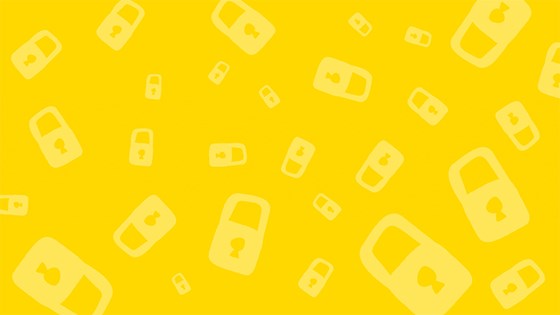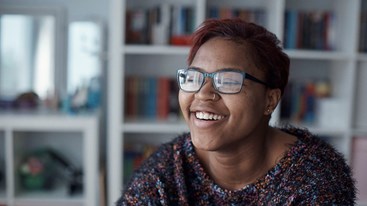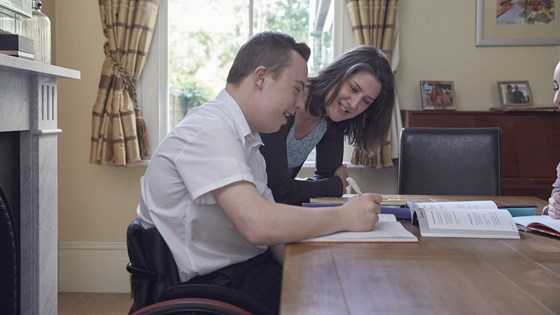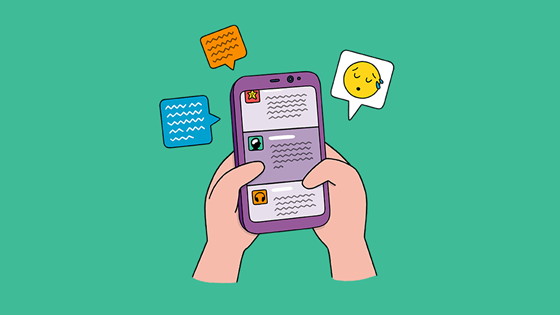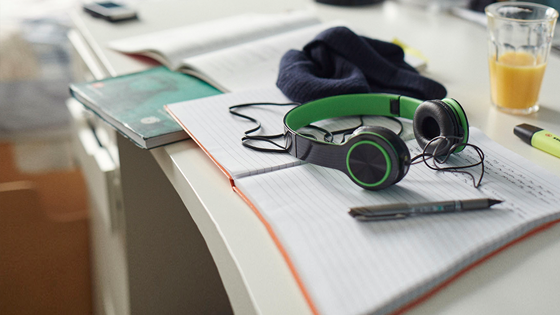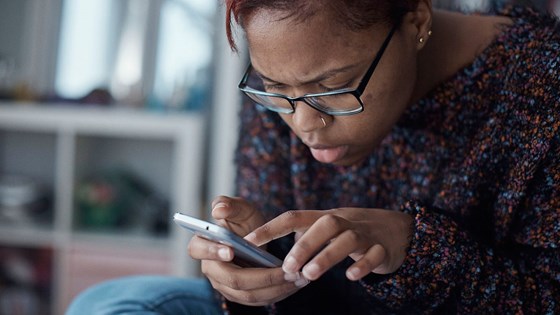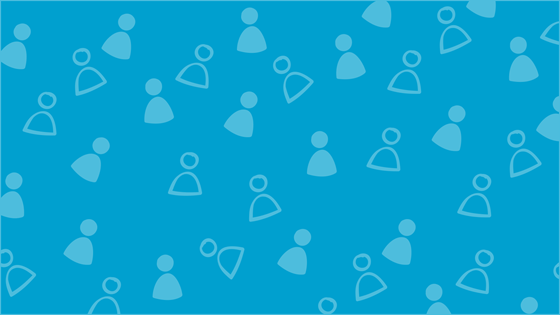feeling much
better
after talking about my worries
Our confidentiality promise
Confidentiality means not telling anyone the things you’ve told us. And it means you can trust we’ll keep things private.
Confidentiality at Childline
Childline is a safe place to talk. Whenever you speak to us it’s confidential and we won’t tell other people what you’ve said. We only might need to say or do something if:
- you ask us to
- we believe your life or someone else's life is in danger
- you're being hurt by someone in a position of trust who is able to hurt other children like a teacher, religious leader, sports coach, police officer or doctor
- you tell us that you're seriously hurting another person
- you tell us about another child who's being hurt and is not able to tell someone or understand what is happening to them
- we're told we have to by law, for example for a court case.
Questions about our confidentiality promise
Lots of young people have questions about our confidentiality, and we’ve answered some of them below.
Got a question that’s not answered here? Try asking on the message boards, or you can contact us to ask a Childline counsellor.
What happens if we need to tell someone
We know that lots of young people are scared about other’s knowing, but can be times that we won’t be able to keep things confidential.
If we need to tell someone else, we’ll always try to talk to you about it first. We can talk to you about who would be best to tell, and what might happen after.
People we might talk to include:
- the ambulance service, to help get you medical support
- the police, to check you’re safe or help to find you
- social services or another professional
Using the Childline website
There are lots of ways to use the Childline website, including:
- writing how you’re feeling in the mood journal
- posting on the message boards
- writing letters to Ask Sam
- commenting in feedback boxes
- creating something with the Art box
Anything that’s saved in your locker or on your account or on the website is seen by a counsellor at Childline. They check it to make sure you’re safe. Sometimes they might contact you if they’re concerned about what you’ve written.
What you write on the website is confidential. But if we see anything that we can't keep confidential, then we might need to tell someone what you've said to make sure that you're safe.


